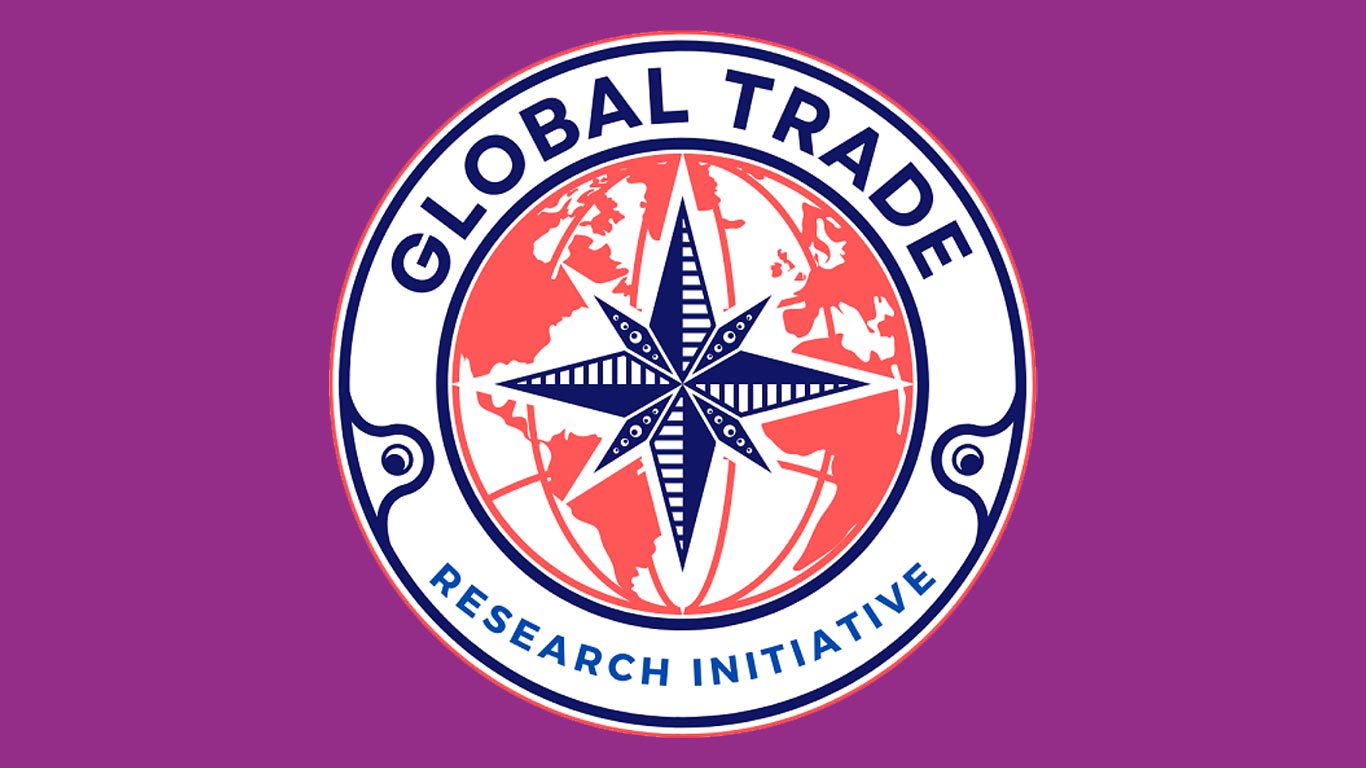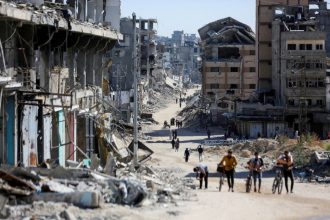As tensions flare in West Asia, the ongoing conflict between Israel and Iran is casting a long and uncertain shadow over India’s energy security and trade future. While India is not directly involved in the military exchanges, a new report from the Global Trade Research Initiative (GTRI) warns that the country cannot afford to be a silent bystander.
Rising Concerns for India’s Energy Backbone
India relies heavily on crude oil imports, with over 80% of its energy needs coming from outside its borders. A significant portion of this—about two-thirds of its crude and half of its liquefied natural gas (LNG)—passes through the Strait of Hormuz, a narrow but vital shipping lane now under threat as Iran ramps up its military posturing.
If tensions continue to rise, any disruption in this passage could mean sharp spikes in oil prices, surging shipping costs, and higher insurance premiums—directly impacting every Indian household and business. GTRI cautions that this scenario could fuel inflation, weaken the rupee, and put immense pressure on the government’s fiscal planning.
Not Just Oil—Trade Routes at Risk Too
The report doesn’t stop at energy concerns. Nearly a third of India’s westbound exports to Europe, North Africa, and the eastern United States move through the Bab el-Mandeb Strait—another critical chokepoint now under threat. If ships are forced to reroute around the Cape of Good Hope, freight costs will soar, delivery times will stretch by weeks, and exporters—especially in key sectors like textiles, engineering, and chemicals—will feel the pinch.
Strategic Moves Urgently Needed
GTRI strongly recommends that the Indian government act now—reviewing energy risks, diversifying sources of crude oil, and strengthening the country’s strategic petroleum reserves to brace for any disruption.
Moreover, the report highlights the importance of diplomatic agility. India, as a major player on platforms like the G20 and United Nations, should champion calls for peace and ensure international cooperation to protect global trade routes.
Mounting Conflict, Fading Diplomacy
The urgency of the situation became starkly clear after Israel launched “Operation Rising Lion” on June 13, with over 200 fighter jets and drones targeting Iran’s military and nuclear facilities. In retaliation, Iran fired over 150 ballistic missiles and drone swarms on major Israeli cities including Tel Aviv and Jerusalem. Civilian casualties are rising, and hopes for diplomatic resolution have dimmed as U.S.-Iran nuclear talks are now off the table.
The Bottom Line
India may be thousands of miles away from the conflict zone, but the ripple effects could hit home fast. Energy insecurity, trade disruptions, and inflationary pressures are very real threats. The time to act is now. For a country striving for economic resilience and global leadership, being prepared isn’t just smart—it’s essential.








